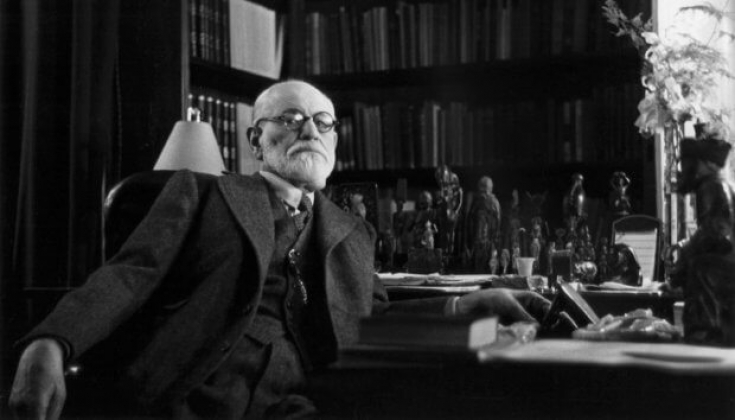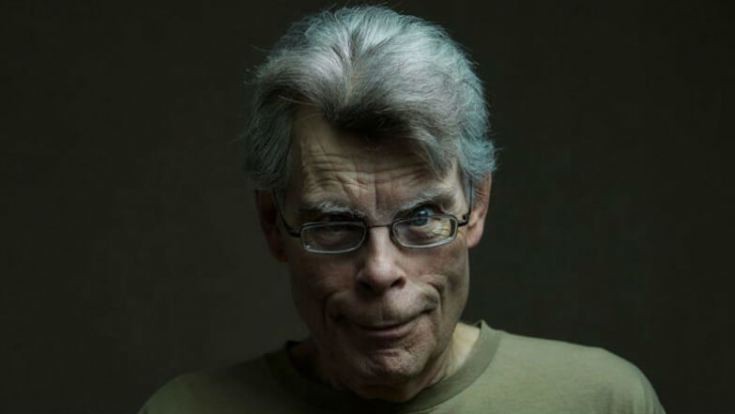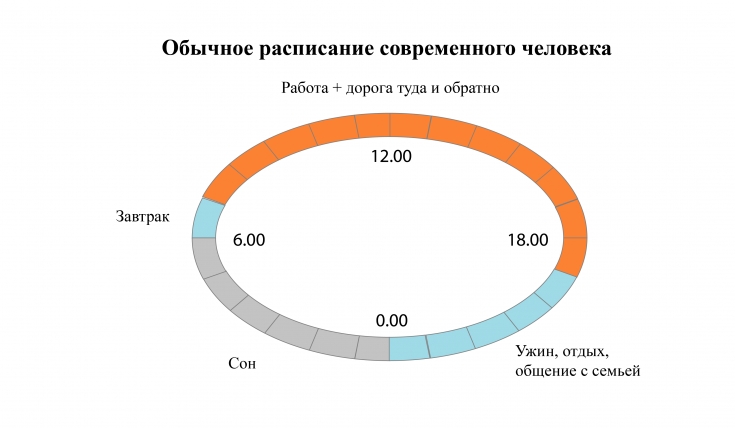Time management experts call the daily routine one of the keys to success for a modern person.
The ability to properly manage every minute out of 24 hours allows you not to waste your resources, achieve your goals, and not put things off indefinitely. How to make a plan for the next day in order to manage all the planned things?
There is no universal recipe for every person, because we are all – unique and individual. And examples of famous personalities only confirm the fact that the universal "recipe" there is simply no daily routine!
estet-portal.com will tell you what a typical day of a genius looks like.
1. Wolfgang Amadeus Mozart – do it all
2. Sigmund Freud – alternation of work and rest
3. Stephen King and Thomas Mann – daily discipline
4. Nikola Tesla and Albert Einstein – dedication
Wolfgang Amadeus Mozart – do it all
The life of a talented composer was busy and required strict discipline so that everything could be done.
So, Mozart woke up at 6 am, after which he devoted time to composing music until 9 am. After that, until one o'clock in the afternoon, he was with his students, giving music lessons. Then it was time for lunch, and later – performances at concerts.
More useful information on our page in Instagram!
But even after such a busy day, the composer did not go to bed, but spent a couple of hours writing – from 11 p.m. to 1 a.m.

Mozart couldn't just write music, because he needed something to live on. To do this, the composer gave private lessons, teaching children and young people. Given the busyness of the day, Mozart devoted time to creativity early in the morning and late in the evening – and no excuses.
The famous composer literally managed to do everything – writing music, performing at concerts and dinner parties, and tutoring. All of this was made possible by discipline and getting up early.
The well-known founder of the theory of psychoanalysis was distinguished by diligence, but combined it with the ability to pause in work and rest. Sigmund Freud – alternation of work and rest
Freud got up early – at 7 am, after which I had breakfast, and then – hosted a barber grooming his beard.
Already from 8 o'clock he began to receive patients – and did this until one in the afternoon.

After that, he had dinner and went for a walk. During this time, he could also visit his publisher.
And already from three o'clock in the afternoon Freud again received visitors – and did this often until 9 pm. After that, free time came for relaxing with the family, walking, visiting cafes or playing card games.
Sigmund Freud – a vivid example of a person who spends almost all day on his favorite thing. But this did not tire him, because at lunchtime there was a break for a couple of hours for a walk, a full meal and a change of scenery.
Stephen King and Thomas Mann – daily discipline
Discipline – this is what the success of two great writers was built on, not least of all. So, Stephen King set themselves the goal of – write 2,000 words every day for a new book.
And no excuses – no matter the circumstances, the manuscript should have a few more pages by the evening.
A writer takes up work from 8 am – and already by 12 fulfills the daily norm. Sometimes he spends a couple of hours more on it, completing the job in about 3 days.

King spends the rest of his time on his family, reading and leisure.
For Thomas Mannay discipline was also the main motivator, but expressed in a clear daily routine.
Exactly at 8 am the writer began his day with a cup of coffee and a bath, at 8:30 – had breakfast. And from 9 o'clock until noon, he closed himself in his office and worked, forbidding himself to be distracted under any pretext.
After that, until day 4, time was spent on reading, one hour – to sleep until 5 pm. There was always a walk in the fresh
Nikola Tesla was an apprentice of Thomas Edison for a long time. It was then that he showed the wonders of productive work, when the working day began at about 10 am, and could end even at 5 am – but the next day.
Of course, when Tesla founded his company, he got the opportunity to relax his work schedule. But he retained his former productivity – and worked from noon to midnight, taking a break only for dinner at eight in the evening.
But Albert Einstein had a "normal" – in our understanding –
daily schedule. The scientist had breakfast from 9 to 10 in the morning, after which he began work, which lasted until one in the afternoon. This was followed by a break for lunch, and then – business affairs, studying correspondence, receiving visitors. The next break was at 18:30 and work again – until evening. Nikola Tesla devoted all day to work with the only break for lunch. But Einstein did several pauses during the day – for a full lunch and dinner. However, both scientists were diligent, devoting most of the day to work.
Daily schedule – one of the keys to success in any business. But one should not think that this should be some special mode created according to a certain standard.

Make your plans for the day according to your personal preferences. But do not ignore the recommendations of experts on time management.
And the example of famous personalities proves that discipline plays an important role. It doesn't matter what time of day you prefer to work. Main – set a goal and do something every day to achieve it.
How to manage your time: good advice
You might be interested in: memory test.







Add a comment